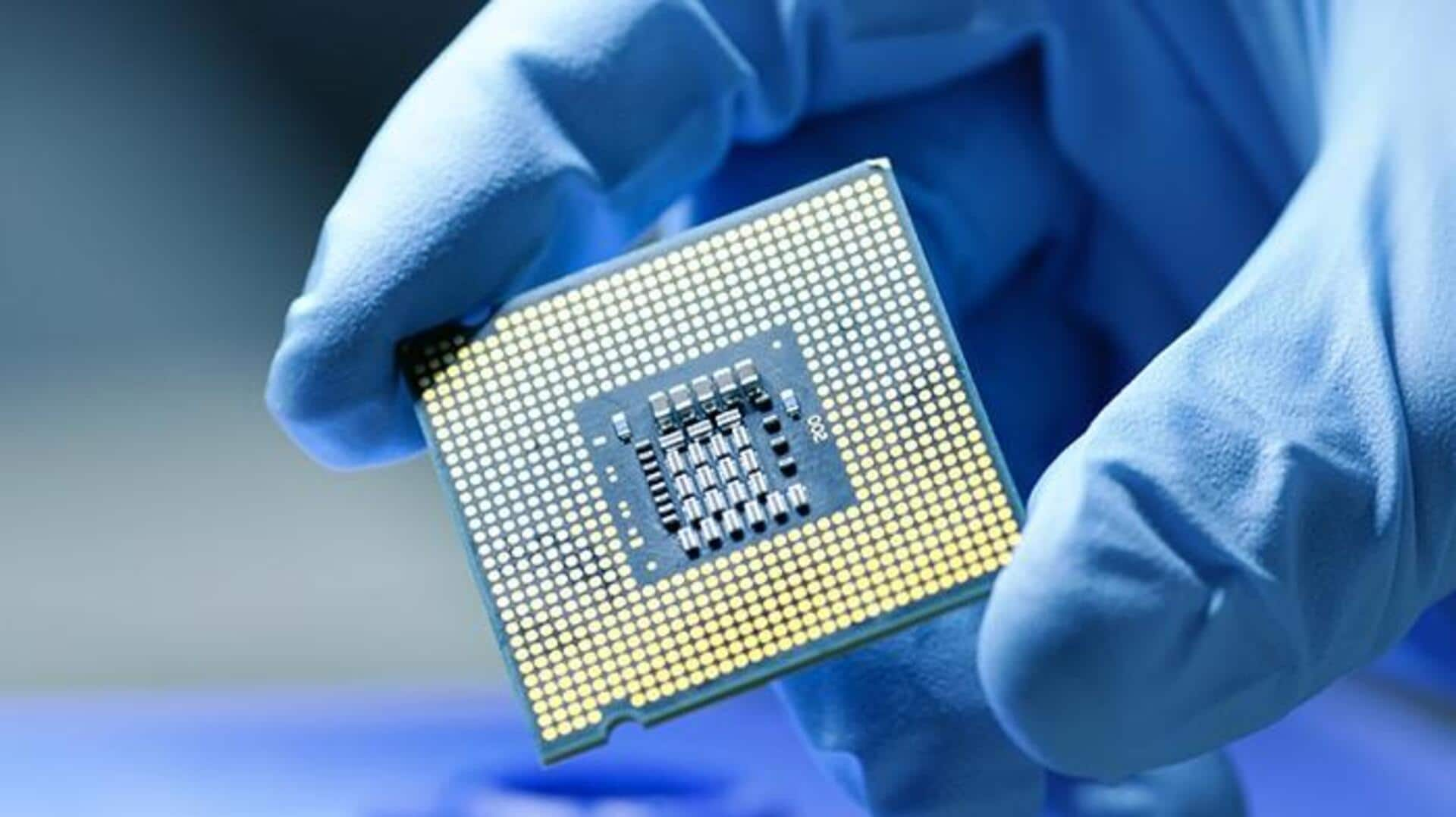
World's first nuclear radiation-detecting chip can be fitted on smartphones
What's the story
China National Nuclear Corporation (CNNC), a state-owned enterprise, has announced the start of mass production for a one-of-a-kind chip that can detect radiation. It can be integrated into smartphones. The groundbreaking semiconductor technology can detect X-ray and gamma radiation, South China Morning Post (SCMP) reported. The company announced the news in an official statement on its WeChat channel.
Versatility
Chip's radiation detection capabilities and potential applications
The innovative chip developed by CNNC can measure dose rates of X-ray and gamma radiation, ranging from 100 nanoSievert/hour to 10 milliSievert/hour. This broad range makes it suitable for use in a variety of environments for monitoring radiation doses. These include nuclear-related workplaces such as reactors and weapon plants, as well as natural areas in proximity to radiation zones.
Efficiency
Compact size and power efficiency
Despite being compact at just 15mm x 15mm x 3mm, the performance of the chip is not compromised. CNNC compares its efficiency with that of a Geiger-Muller counter. The small size enables it to be integrated into smartphones or attached to unmanned aerial vehicles (UAVs) or drones. These devices can then be used as smart tools to measure radiation at desired locations.
Performance
Chip's energy detection range and low power consumption
The chip can detect energies ranging from 50 kiloelectron volt to two mega electron-volt, all while running on extremely low power of one milliwatt. This would make it even more usable in a number of applications without consuming much power. CNNC has handled the entire development process of this chip, from design and testing to mass production, in-house with its team of engineers.
Market impact
China's semiconductor breakthrough amid US sanctions
This development is especially important considering the US sanctions on companies providing semiconductors and AI chips to China. Despite the roadblocks, CNNC has managed to lead the charge with this cutting-edge technology. Earlier this year, analysts had predicted that China could overtake the US in critical areas like semiconductors, electric vehicles (EVs), quantum computing, nuclear power, and material science.